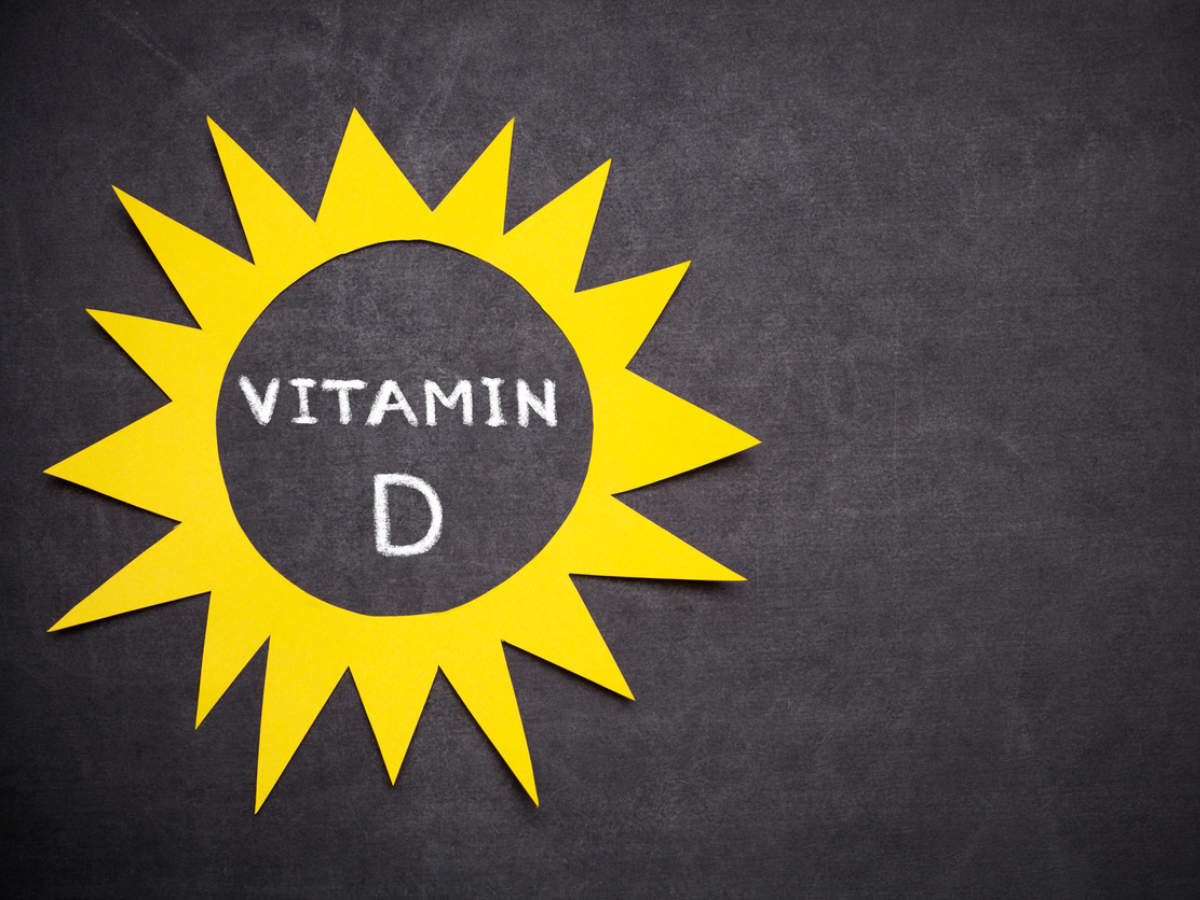Vitamin D :Your sunshine

“Sunshine is the best medicine” This is a quote of the famous American author Dr. Seuss and it’s so true because sun is the best source of your vitamin D.
What is Vitamin D?
Vitamin D(calciferol) is also nicknamed as “sunshine vitamin” because it’s produced in your skin in response to sunlight. Vitamin D is both a nutrient we eat and a hormone our body makes itself.
It’s a fat-soluble vitamin in a family of compounds that includes vitamins D-1, D-2, and D-3.
Benefits of vitamin D in your body?
-Vitamin D helps regulate the amount of calcium and phosphate in the body which Improves bones and teeth health
-Vitamin D contributes to skin cell growth, repair, and metabolism. It enhances the skin's immune system and helps to destroy free radicals that can cause premature ageing
-Protect against cancer
-Better sleep
-Helps with concentration, learning and memory.
-Boosts your immune system ( fights infections such as colds and flu) and eases inflammation.
-Facilitates hormone regulation.
-Supports healthy pregnancy.
-Protects against diabetes.
-Improves cardiac health.
What happens if I don’t get enough Vitamin D?
-Osteomalacia
-Osteoporosis
-Weight gain
-Hair loss
-Fatigue and generalized weakness
-Muscle cramps and weakness
-Bone deformities (Rickets) in children.
-Joint pain (most noticeable in the back and knees)
-Blood sugar issues
-Low immunity
-low levels of vitamin D have a 7.2% chance of testing positive Covid 19.
-Low calcium levels in the blood.
-Mood changes and irritability.
-Depression.
How much vitamin D do I need?
children and teens: 600 IU
adults up to age 70: 600 IU
adults over age 70: 800 IU
pregnant or breastfeeding women: 600 IU
You can increase your vitamin D intake by:
getting 10 minutes of sun exposure a day
It is important to get some of your Vitamin D from sources beyond sunlight.
Natural food sources of Vitamin D :
-egg yolk
-Spinach
-Mushroom
-shrimp
-cereal (fortified)
-yogurt (fortified)
-Cod liver oil
-Salmon
-Swordfish
-Tuna fish
-Orange juice fortified with vitamin D
-Dairy and plant milks fortified with vitamin D
-Sardines
-Beef liver
Conditions that decrease exposure to UVB light :
-Catching the sun’s rays in your office or driving in a car won’t help to obtain vitamin D as window glass completely blocks UVB rays.
-Being in an area with high pollution.
-Using sunscreen.
-Spending more time indoors.
-People who live farther away from the equator.
-Living in big cities where buildings block sunlight.
-Older individuals and dark-skinned people tend to produce less vitamin D in the skin.(The higher the levels of melanin, the less vitamin D the skin can absorb)
-People with inflammatory bowel disease (ulcerative colitis, Crohn’s disease) or other conditions that disrupt the normal digestion of fat.
-People who are obese tend to have lower blood vitamin D levels.
-People who have undergone gastric bypass surgery.
To keep it short :
Regular sun exposure is the most natural way to get enough vitamin D.
Get 10–30 minutes of midday sunlight, several times per week. Midday, especially during summer, is the best time to get sunlight.
However, too much sunlight comes with its own health risks.
Dr. Nasneem Salim (BHMS)
Reg no: 12254
Consultant Homoeopathic Physician
Email: [email protected]
